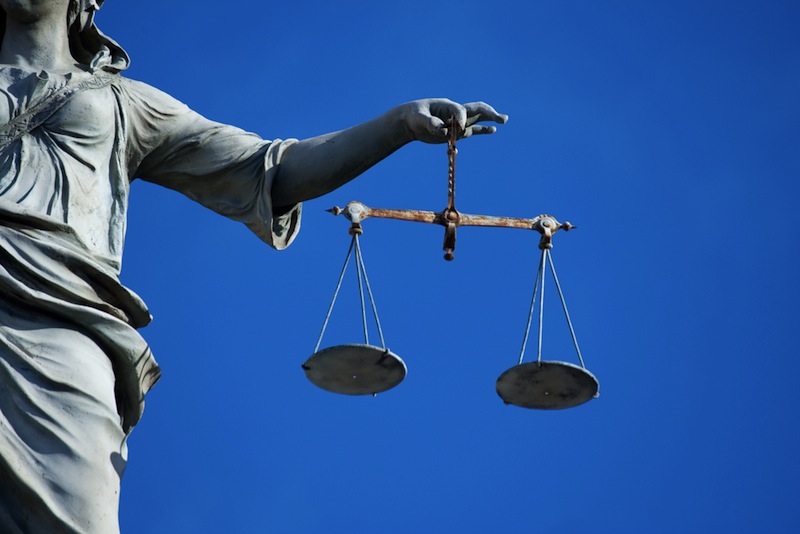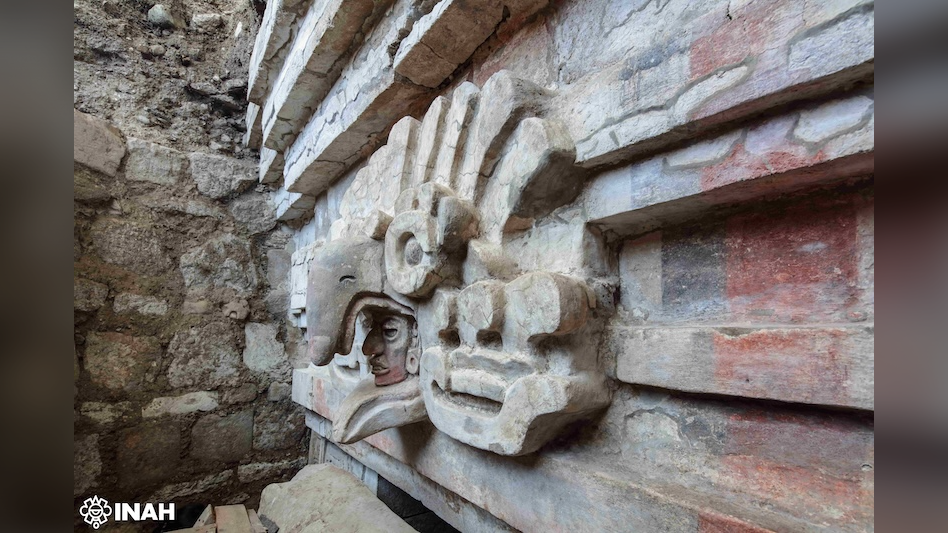Eyewitness Testimony Can Be Tragically Mistaken

Last night's execution of convicted murderer Troy Davis reportedly sent those convinced of Davis' innocence into hysterics. One of their concerns — that eyewitness testimony in the case had been recanted — also concerns cognitive scientists.
"This is not the first time a person is pretty much convicted based on eyewitness testimony and circumstantial evidence," said Jason Chan, assistant professor of psychology at Iowa State University, adding that the number of eyewitnesses who later recanted their testimony was "relatively unusual."
Seven of nine witnesses who implicated Davis in the shooting of a police officer recanted their testimonies. Others reporting the man who originally implicated Davis was actually the killer.
Chan can't speak to the truth of the case, but he said eyewitness accounts of crimes are like other memories: They're not reliable. [Read: A History of Contested Death Penalty Cases]
Part of the problem with eyewitness statements comes from the mismatch between an eyewitness' sureness in their memories and the true accuracy of those memories, Chan said.
"A lot of times people overestimate their ability to remember things, and this overconfidence can sometimes lead people [like a jury] to believe what they are saying," Chan told LiveScience. "Guess what, most people's memories are not all that reliable."
The failure of memory
Get the world’s most fascinating discoveries delivered straight to your inbox.
Some of this failure of reliability happens at the scene of the crime, said Maria Zaragoza, a psychologist at Kent State University in Ohio. Things happen quickly; the emotional charge of witnessing a crime may keep people from cuing into important details. If there's a weapon, Zaragoza said, people tend to become hyper-focused on it. They pay more attention to a gun than to the face of the person holding it.
Often, "the information getting into the memory system is very limited," Zaragoza told LiveScience.
The next source of memory uncertainty happens during the investigation. Suggestive questioning can distort memories, Zaragoza said. Each time you relive the crime, either out loud to an investigator or in your own head, that distorted memory is strengthened.
In one famous case, 22-year-old college student Jennifer Thompson was raped at knifepoint by an intruder in her bedroom. Through her terror, Thompson tried to categorize the details of her assailant's face. She went to the police and worked with an artist to draw a composite sketch. In photo, in a lineup and in court, she identified her rapist as Ronald Cotton.
"I was completely confident," Thompson (now Jennifer Thompson-Cannino) wrote in a 2000 editorial in the New York Times. "I was sure."
But 11 years later, new DNA techniques disproved Cotton's guilt. He'd spent more than a decade in prison for a crime committed by another man, Bobby Poole.
It's likely that working on the police sketch altered Thompson's memory of her rapist's face, Zaragoza said. Later, when she'd picked him out of a lineup, her confidence only grew. Cotton's face started haunting her flashbacks. When she met her real rapist in court, she didn't even recognize him.
What happened to Cotton and Thompson, chronicled in the book "Picking Cotton: Our Memoir of Injustice and Redemption" (St. Martin's Press, 2009), wasn't a weakness of Thompson's, Zaragoza said. Anyone's memory can become twisted with time.
And often in witnessing traumatic events, such as a murder or even the 9/11 terrorist attacks, we think we remember all of the details vividly. The truth is, we're often wrong, research has shown. In one 2004 study, researchers were even able to corrupt witnesses' memories of a terrorist bombing by suggesting to them that they'd seen things — such as an angry animal — that hadn't actually been in the scene. [Read: Do You Really Remember Where You Were on 9/11?]
Combining memories
We also are susceptible to combining various bits of information with our memories and calling them our own.
For instance, in his most recent research published in January 2009 in the Journal of Experimental Psychology, Chan found that participants who witnessed a crime (in the form of watching the Fox TV show "24") and then were asked to describe what they saw were also more susceptible to integrating both true and false information into their memories immediately afterward. Asking people to describe the memory seems to open a window for new learning to occur. If, for example, an eyewitness were to give a statement and then overhear officers talking about the crime, he or she could easily insert the content of the officers' conversation into the old memory.
"There are many cases in which misinformation is introduced unknowingly to people," Chan said in a statement about his study. "It could be police, or through friends, or a number of sources. And people can confuse their memories, even if it's information not specifically pertaining to that witnessed case."
People, including jury members, don't generally realize how factors such as distance from suspect, time of day, and time between when the incident was viewed and described, affect the accuracy of an eyewitness's account, according to Chan. [5 Things You Must Never Forget]
One study, by Geoffrey Loftus of the University of Washington and Erin Harley of the University of California, Los Angeles, showed that from a distance of about 100 feet (30 meters), even a familiar face is just a blur. Studies have shown that cross-racial identifications (a white person identifying a black suspect or vice versa) tend to be less reliable. Even the witness's mood can influence how susceptible he is to misleading information, according to a 2005 study published in the Journal of Experimental Social Psychology.
Crucially, witnesses can sometimes feel confident about false memories, Zaragoza said. Things like the police saying, "That's the guy," or "We figured it was him," can boost confidence in shaky memories without the witness even realizing where the feeling of certainty came from, she said.
There are ways to improve the quality of eyewitness accounts, Zaragoza added. It helps to gather testimony early, before memories can become contaminated. There are also guidelines on how to make police lineups as neutral as possible, to avoid subtly influencing a witness to pick the wrong suspect.
But as long as criminal trials drag over many years, the potential for memory contamination will still exist, Zaragoza said.
"Unfortunately, in many forensic situations, eyewitness evidence isn't very reliable," she said. "That's the bottom line."
You can follow LiveScience senior writer Stephanie Pappas on Twitter @sipappas. Follow LiveScience for the latest in science news and discoveries on Twitter @livescience and on Facebook

Stephanie Pappas is a contributing writer for Live Science, covering topics ranging from geoscience to archaeology to the human brain and behavior. She was previously a senior writer for Live Science but is now a freelancer based in Denver, Colorado, and regularly contributes to Scientific American and The Monitor, the monthly magazine of the American Psychological Association. Stephanie received a bachelor's degree in psychology from the University of South Carolina and a graduate certificate in science communication from the University of California, Santa Cruz.
 Live Science Plus
Live Science Plus





